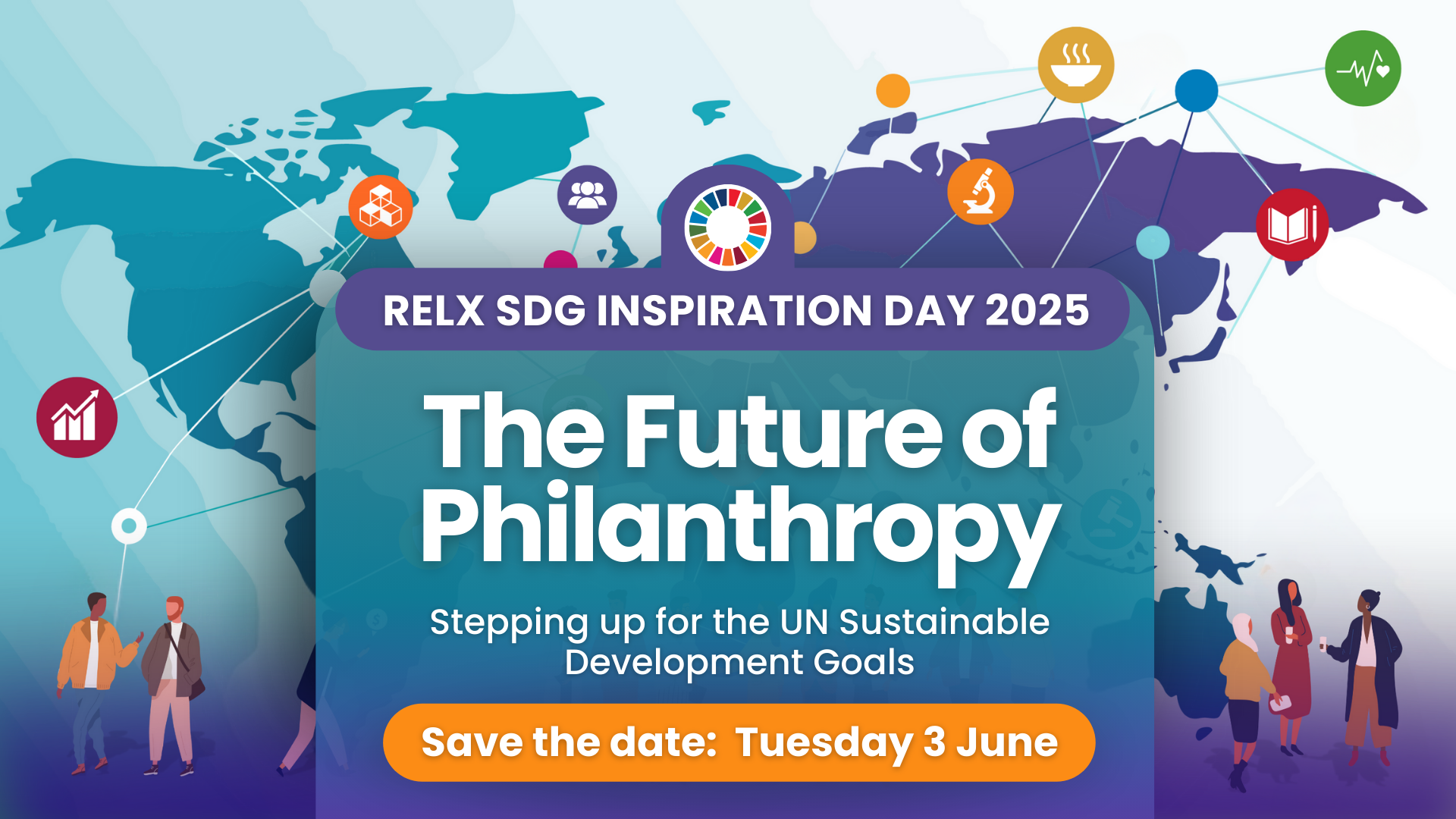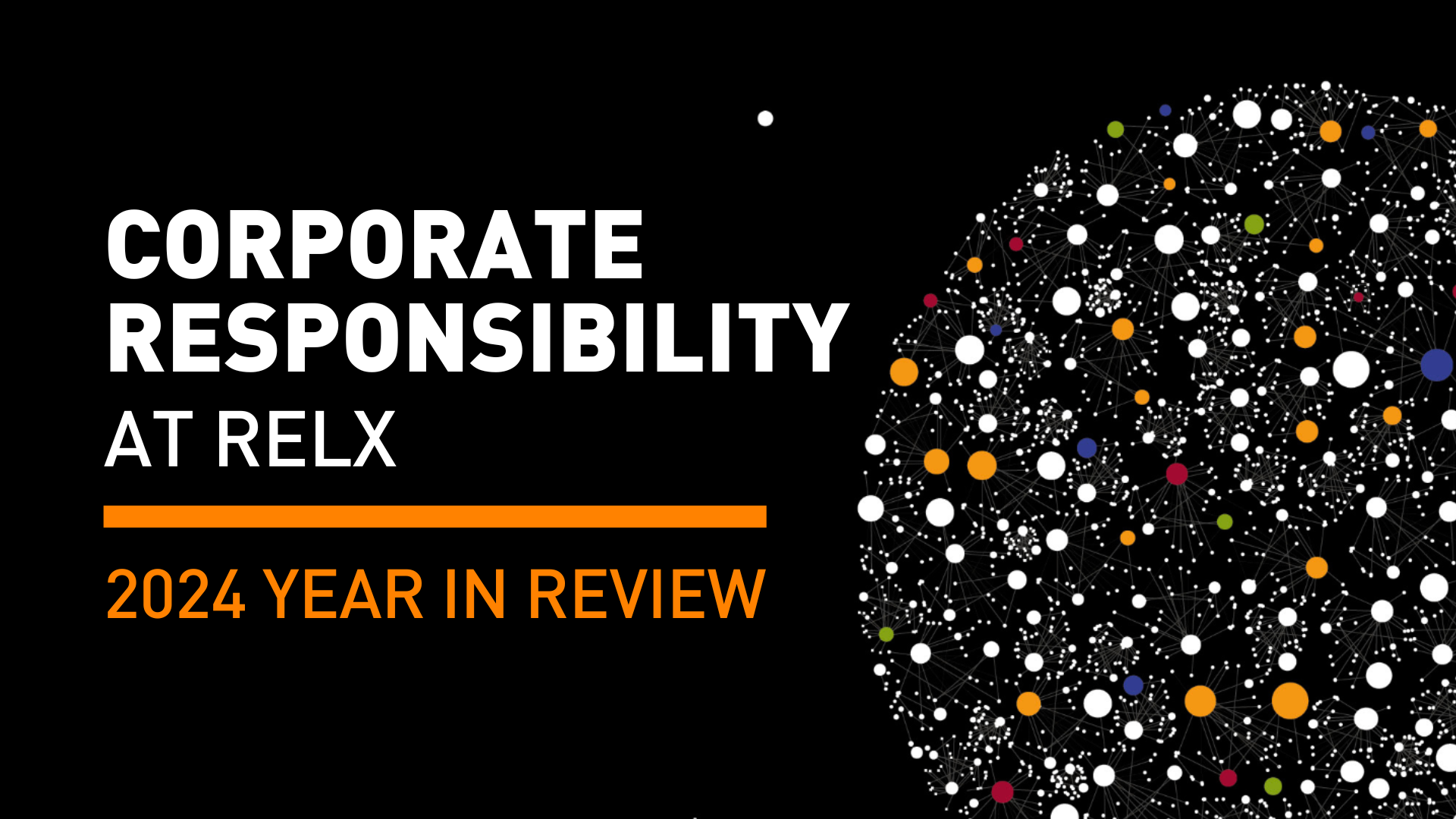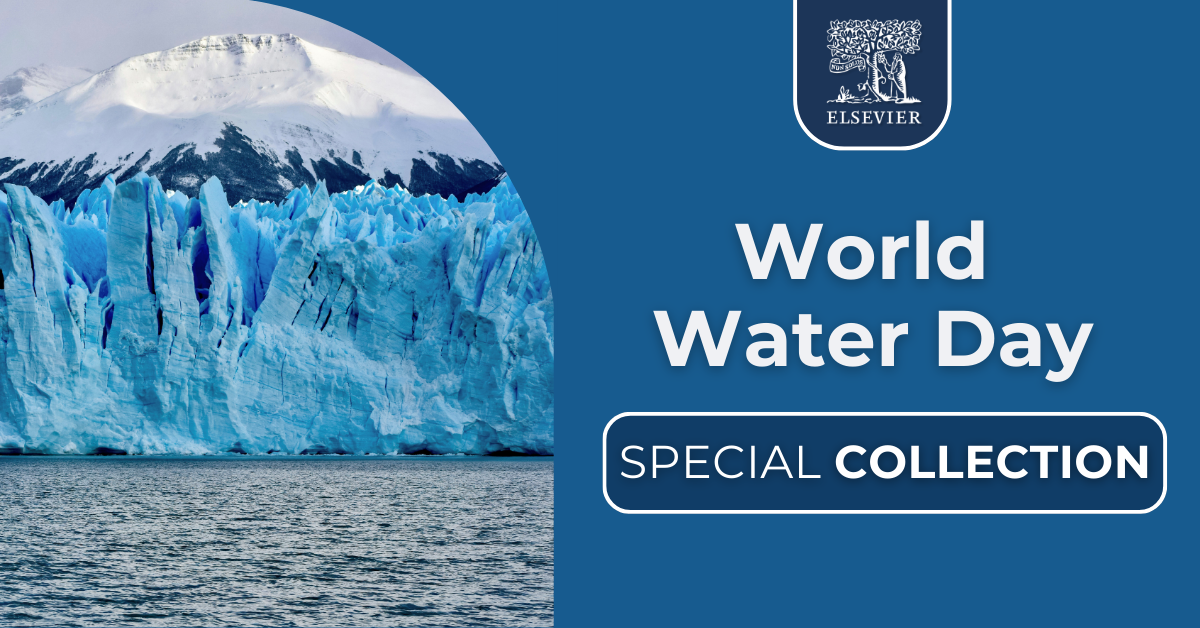Engaging in philanthropic activities is being pursued by many well-established supply chains. Donations are a form of charitable activities that not only promote the social responsibility of a corporation but also enhance its public image, which in turn creates more benefits for the supply chain. Prosocial preferences of customers are considered the primary drivers that persuade supply chains to donate. In this chapter, various donation programs within supply chains are introduced, and the challenges associated with them are briefly discussed.
Foraging wild plants and mushrooms can be both beneficial and detrimental to biodiversity. We examine the role of stewardship practices, which are grounded in care, knowledge, and agency, in fostering sustainable use of wild species. These practices are pervasive among foragers across social–ecological systems yet neglected in research and policymaking.
RELX SDG Inspiration Day 2025
The Future of Philanthropy: Stepping up for the United Nations Sustainable Development Goals
Can philanthropy bridge the funding gap necessary to advance the Sustainable Development Goals?
Join thought leaders, including Ban Ki-moon, 8th United Nations Secretary General, in discussing the role for philanthropy in addressing the United Nations Sustainable Development Goals (SDGs).
This study reviews the growth and current state of the specialty of emergency medicine (EM) around the world. The 2023 World Health Assembly resolution emphasized emergency care as a cost-effective means to reduce health disparities and called for increased investment in emergency and critical care. Although EM is an increasingly recognized medical specialty, its growth faces barriers such as insufficient training programs, workforce shortages, and systemic challenges including resource shortages and burnout.
S. Bhattacharya & G. Nikitas, Energy and Climate Change: Our New Future, 2025, Pages 197-224
This chapter supports SDGs 7, 11, and 13, by providing an overview of wind energy and current challenges and opportunities, with a particular focus on offshore wind energy which is an increasingly important part of the energy transition.
Corporate Responsibility (CR) starts with the positive impact RELX has on society through our products and services. We set annual and longer-term objectives and report against them. Read more about RELX's focus areas and 2024 CR performance.
World Water Day, held on March 22, is an annual United Nations Observance focusing on the importance of fresh water. The theme of this year’s observance is Glacier Preservation; glaciers are critical to life – their meltwater is essential for drinking water, agriculture, industry, clean energy production, and healthy ecosystems. To mark World Water Day 2025, Elsevier has curated a free special collection of journal articles and book chapters to raise awareness for this important topic, and to help advance #SDG6 research.




